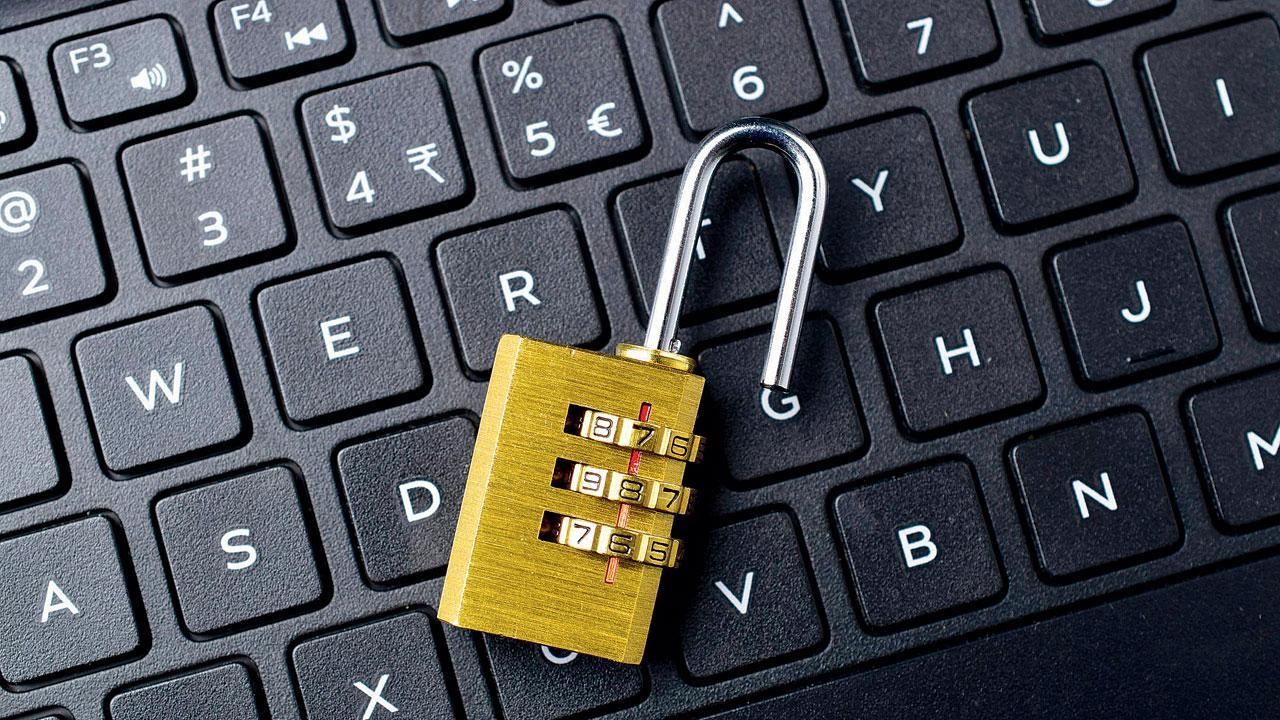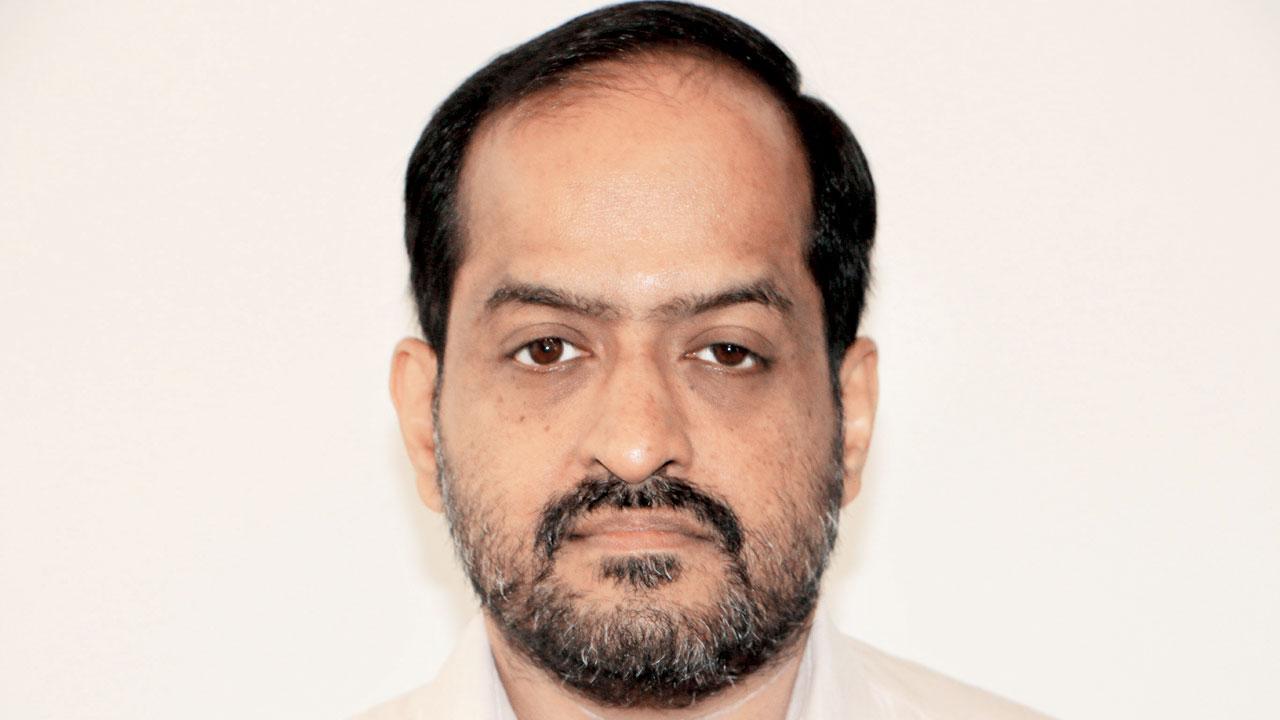Legal experts explain what the ‘emergency power’ under 2021 IT Rules is and whether it infringes upon fundamental rights guaranteed under the Constitution

Experts said people’s right to seek, receive and impart information is a basic human right. Representation pic
Human rights and legal experts have spoken out against the government’s imposition of curbs on social media and digital media outlets by levying its emergency power under the Information Technology Rules, 2021. The issue has come to the fore after the government banned a BBC documentary on 2002 Gujarat riots. Experts called the move an attempt at curbing access to media content critical of the government or people occupying public offices, and added that it is indicative of the lack of faith in the wisdom of the people.
ADVERTISEMENT
The question, which has become a matter of debate, is whether such an action leads to infringement of fundamental rights guaranteed under the Constitution, and if it violates the people’s right to seek, receive and impact information.
Double-edged sword
“Social media platforms and digital media outlets have become major sources of news and information to the digitally literate segments of the society. The Union government notified the 2021 Rules to regulate this sector. These Rules prescribe a code of ethics for significant social media intermediaries (SSMI). This has been done to ensure that pornographic, paedophilic, racially or ethnically objectionable content, or which violates individual privacy or causes harassment on the basis of gender, or infringes specified intellectual property rights, or peddles patently false or untrue information or is harmful to children are not available on such platforms for long. Additionally, these Rules empower the Ministry of Information & Broadcasting to issue orders to take down or block such content,” said Venkatesh Nayak, director of Commonwealth Human Rights Initiative, New Delhi.

Venkatesh Nayak, director, Commonwealth Human Rights Initiative, New Delhi
He added, “The 2021 IT Rules are like a double-edged sword. On one hand, they are necessary in a civilised society to prevent the publication and dissemination of materials that are deemed harmful, on the other they can also be abused to curb legitimate expressions of dissent and views that are contrary to the predominant narratives.”
Right to seek information
Nayak said that people’s right to seek, receive and impart information is a basic human right without which democracy can never be said to be fully functional. “India played an important role in the incorporation of this right in the Universal Declaration of Human Rights in 1948. In the 21st century, social and digital media platforms have expanded the spaces for people to exercise such rights. Way back in 1981, Justice Bhagwati ruled in the First Judges case (S P Gupta vs President of India) that probable embarrassment to the government or the head of a department cannot be a legitimate basis to deny access to information that is of public importance. These noble principles are more relevant than ever in our knowledge-based society,” he explained.
Also read: Mumbai: Defiant TISS students to screen BBC documentary
“Further, curbing access to media content that is critical of the government or those occupying public offices indicates a lack of faith in the wisdom of the people to judge for themselves as to what is or is not worth reading or viewing. Adopting a paternalistic attitude towards the janata is reminiscent of colonial times when the British Raj arrogated to itself the right to decide what the people should think and speak by enacting laws of sedition and criminal defamation,” Nayak said, adding, “The 2021 IT Rules need revisiting to ensure that they do not violate the constitutionally guaranteed freedoms or transgress the scope and ambit of the Information Technology Act, 2000.”
Is move ultra vires?
Advocate Floyd Gracias, a constitutional expert and Supreme Court counsel, said, “When laws or rules are passed which tend to pose a restriction on the freedom guaranteed under and enshrined in the Constitution, the fundamental question that arises is whether such law or rule is ultra vires [done without legal authority] the Constitution or not.”
“The courts have upheld in several cases that the right to dissemination of information is inherent in the freedom of speech and expression. In addition, media houses and publications are also entitled to the freedom of trade and profession applicable to every journalist and editor. While this is subject to reasonable restrictions, the restrictions ought to fulfil the test of reasonableness,” he explained.
“Since social media and online platforms are fast evolving, the need for legislative action is imperative to control the space while providing the necessary impetus to the sector. However one also needs to have adequate reasonable restrictions in place so that unwarranted and unverified information is not spread arbitrarily, causing chaos and confusion in society,” he said.
‘Not held unconstitutional’
Advocate Shreeprasad Parab, a constitutional expert, said, “The emergency provisions of IT Rules 2021 have not yet been held unconstitutional by any court. It is settled law that if you wish to challenge the constitutional validity of any legislation, then the burden of proof is on the party to place the reasonable grounds and all materials before the court.”
“There is a provision in Section 95 of the Code of Criminal Procedure which empowers the government to forfeit a newspaper, book or document and seize the infringing copies of the book, document or newspaper. For this the government may form the opinion to the effect that such document, book or newspaper contains any matter, the publication of which is punishable under sections of the Indian Penal Code,” Parab concluded.
 Subscribe today by clicking the link and stay updated with the latest news!" Click here!
Subscribe today by clicking the link and stay updated with the latest news!" Click here!







